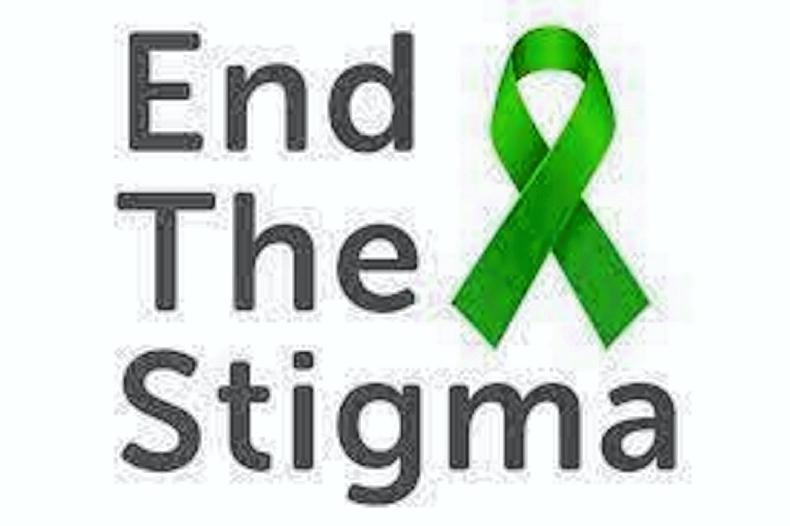ROSES, chocolates, teddy bears and red hearts are filling every shop window, champagne corks pop into every television ad break, and romance is the theme on every channel. Irrespective of our relationship status, none of us can escape the fact that Valentine’s Day is approaching.
Whether you view the day as a money-making racket or you look forward to it as a warm respite from winter winds, one thing is certain; Valentine’s Day can be a challenging time for many. Do you get depressed on Valentine’s Day? If so, you’re certainly not alone – and it’s not necessarily because you’re alone either.
While it’s true that Valentine’s Day can trigger depression or unhappy feelings in people who are single, people in relationships can feel it too. The day often brings with it unrealistic expectations that can cause couples to question whether they’re in the right relationship or getting what they want out of it. They might also be feeling the pressure of having to plan a ‘perfect’ evening of fancy dinners, flowers and gifts.
Regardless of your relationship status, we should all take a moment as this year’s Valentine’s Day approaches to be kind to ourselves. The following are three evidence-based strategies that are recommended for dealing with depression on Valentine’s Day.
Rethink your thinking
Let’s start with a negative thought that many single people have on Valentine’s Day – I am alone today and this means I am going to be alone for the rest of my life.
This kind of cognitive distortion can happen when we overgeneralize. Because we can’t see the future, it’s easy to presume that things will always be the way they are now. ‘Thought reframing’ is a cognitive behavioural therapy (CBT) technique used to help patients with depression steer themselves away from these kinds of thoughts.
By weighing the evidence for and against your negative perspective, you can reframe your thoughts into something positive or, at the very least, emotionally neutral.
So let’s get back to that negative thought. One way to reframe it is that you may not be in a relationship right now, but you are not alone. You have your friends, your family and others. Another might be that you’re single right now, but you still get to look forward to the thrill of meeting someone new. There are many frames from which to choose, so find one that resonates with you.
Feel grateful by being mindful
Gratitude is a very powerful feeling. It can boost your self-esteem, which in turn improves your mood and dispels feelings of depression. Best of all, practicing gratitude in your day-to-day life can be as simple as thanking the barista handing you your morning coffee and holding the door for someone on the way out.
The first step to gratitude is to practice mindfulness. Being mindful means shutting out the mental noise and being fully aware of your surroundings. It’s being present in the moment and not thinking about what you have to do today, or what might happen next.
You can find a myriad of mindfulness exercises online. Many of these exercises involve closing your eyes and focusing on your breathing, but if you’d prefer to begin with a more active option, here is a suggestion. If you’re feeling sad on Valentine’s Day, write a love letter to yourself that expresses gratitude for everything in your life and all that you’re thankful for. Your letter might mention your best friend, your pets, your favourite foods, your health, or your memories of a holiday where you got to watch the sunset from the beach, or visited a special place. Once you start listing what you’re grateful for, you might find it hard to stop.
Show yourself compassion
Having compassion for others is often hard. Compassion for ourselves is even harder. However, getting into the habit of being kinder to yourself can significantly decrease feelings of depression or lack of self-worth.
It’s easiest to think of self-compassion as showing yourself the same kindness that you would show your parent, grandparent or a child. This means saying nice things about yourself and giving yourself permission to be imperfect and human. It’s the difference between telling yourself that you’re not good enough and saying that you’re facing a challenge that is beyond your control and that you’re proud that you haven’t given up.
If you’re in a relationship it takes both compassion and self-compassion to work through tough times.
For example, let’s say your partner comes home from work this Valentine’s Day in a bad mood. You might jump to the conclusion that your partner is mad at you because they don’t like your plans for the evening, that you didn’t have time to clean up, or something similar. This, in turn, might make you feel angry and defensive, and things can quickly escalate into an argument.
Self-compassion starts here with not blaming yourself for something you didn’t do. Instead, tell yourself that you can’t change the fact that something has upset your partner, but that’s not on you, and see what you can do is talk to them about it and work with them on moving past it. Sit down with your partner and really listen to their thoughts and concerns.
By starting from a place of self-compassion, you show compassion for your partner and both of you will feel better for having figured things out together.
Hopefully you will find these techniques helpful in shaking off any Valentine’s Day blues. However, if you’re experiencing deep depression, despair or thoughts of hurting yourself or suicide, or if you just really need to talk to someone, then do so. Reach out to a friend, family member, doctor or a health professional, or call one of the many helplines available. All are confidential.


 This is a subscriber-only article
This is a subscriber-only article
 It looks like you're browsing in private mode
It looks like you're browsing in private mode









SHARING OPTIONS: